Is it cost effective?
backyardbum
11 years ago
Related Stories
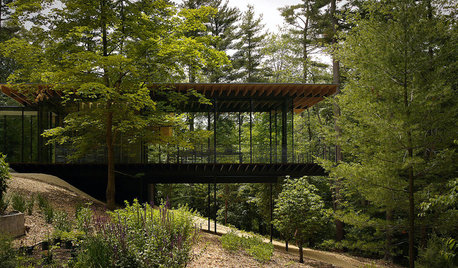
ARCHITECTUREDesign Workshop: The Intriguing Effects of Exposed Framing
Reveal the structure of your home for interesting design opportunities and eye-catching visual effects
Full Story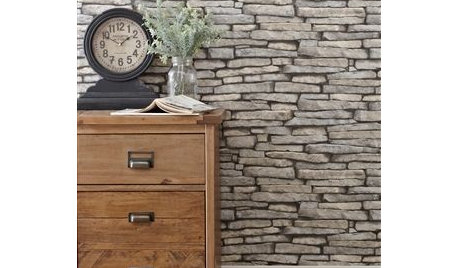
PRODUCT PICKSGuest Picks: Get in Touch With Textured-Effect Wallpapers
Mimic the look of fancy paneling, stacked stone or funky scrap wood with new wallpaper patterns on a trompe l'oeil roll
Full Story
REMODELING GUIDESInterior Materials Get Special Effects Treatment
For truly standout home interiors, forgo painted drywall in favor of unusual materials and eye-catching designs like these
Full Story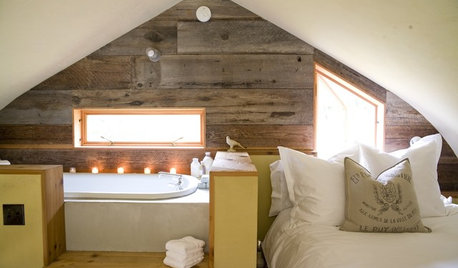
LIFE12 Effective Strategies to Help You Sleep
End the nightmare of tossing and turning at bedtime with these tips for letting go and drifting off
Full Story
TASTEMAKERSA Designer Edits — and Adds — for Dramatic Effect
Interior designer Nancy Braithwaite’s new book shows how it’s possible to edit rooms of all styles to create their best look
Full Story
BUDGET DECORATING8 Cost-Effective Ways to Get a High-End Look
Don’t discount that expensive material yet. By using a small amount in a strategic way, you can get a luxurious look without the expense
Full Story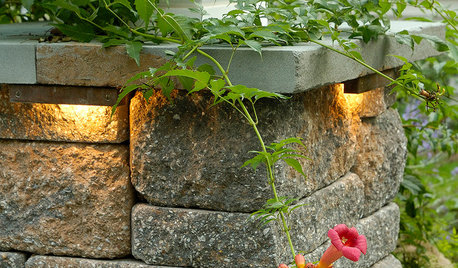
CURB APPEAL8 Effective, Beautiful Lighting Types for Front Yards
Increase safety and security while highlighting plants and other landscape features, using the right mix of outdoor lights
Full Story
DECORATING GUIDES6 Cost-Effective Ways to Go Custom Made
Get a look that’s totally you — and possibly for a lower cost than you might think
Full Story
DECORATING GUIDESGo for a Greenhouse Effect With an Exotic Conservatory
Cultivate a rarified hothouse feel with or without all-glass walls; these inspiration photos and product picks show you how
Full Story






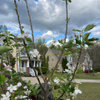
milehighgirl
fruitmaven_wiz5
Related Professionals
Windham Landscape Architects & Landscape Designers · Kyle Landscape Architects & Landscape Designers · Lowell Landscape Architects & Landscape Designers · Middle River Landscape Architects & Landscape Designers · Saint Charles Landscape Architects & Landscape Designers · Annandale Landscape Contractors · Belvedere Park Landscape Contractors · Biloxi Landscape Contractors · Brunswick Landscape Contractors · Hannibal Landscape Contractors · Roswell Landscape Contractors · Tewksbury Landscape Contractors · Watertown Landscape Contractors · West Coon Rapids Landscape Contractors · Whitehall Landscape Contractorscanadianplant
alan haigh
glib
spartan-apple
MrClint
backyardbumOriginal Author
glib
alexander3_gw
milehighgirl
rina_Ontario,Canada 5a
fabaceae_native
alan haigh
milehighgirl
northwoodswis4
alan haigh
fruitmaven_wiz5
MrClint
Charlie
mrsg47